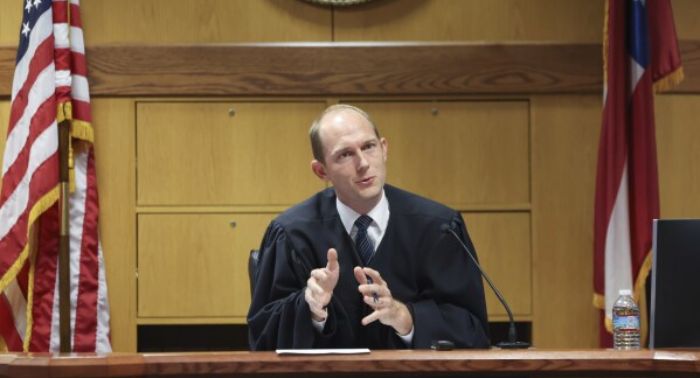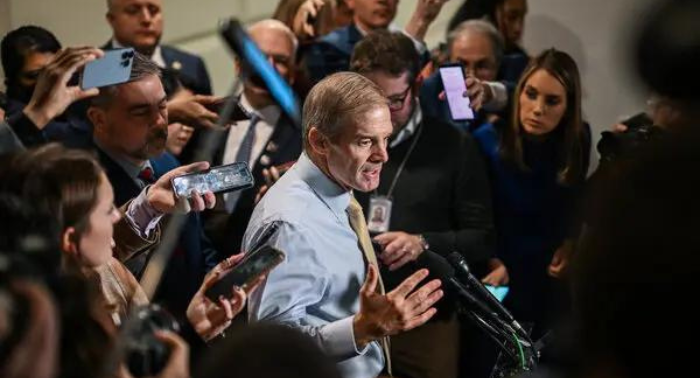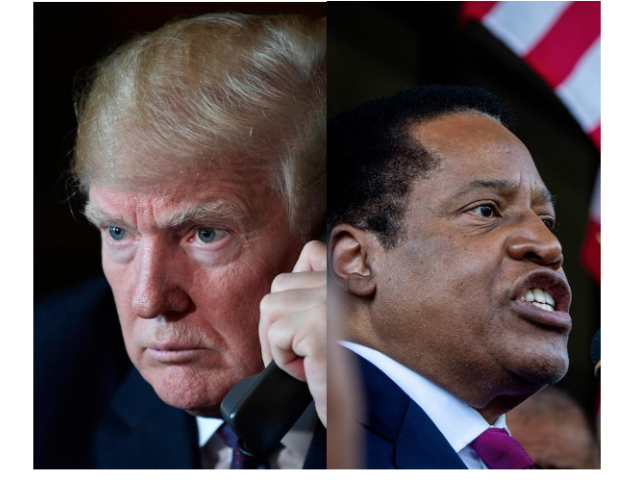Legal representatives alleging the involvement of the former U.S. President Donald Trump along with 18 other individuals in a conspiracy to nullify the 2020 election outcomes in Georgia have emphasized that the trial of all accused parties should occur concurrently for reasons of judicial economy and fairness, according to documents submitted on Tuesday.
The case, which leverages the regional law against organized criminal activity, anticipates utilizing the same testimonies and proofs across potential trials. The prosecutors highlighted that conducting a series of extensive trials would not only put a considerable pressure on the county’s superior court resources but also inadvertently benefit those facing trial later on, giving them an opportunity to observe the state’s case strategies and evidential presentations beforehand.
Previously, Fani Willis, the District Attorney of Fulton County, expressed her preference for a collective trial of all 19 defendants. As the case progresses, two of the accused, Kenneth Chesebro and Sidney Powell, have sought expedited trials, prompting Judge Scott McAfee to schedule their hearings on October 23. However, McAfee found the prospective comprehensive trial by that date somewhat impracticable, urging Willis’ squad to elucidate their stance through a brief.
Chesebro stands accused of facilitating a strategy that involved 16 Republicans from Georgia endorsing a document asserting Trump’s victory and proclaiming themselves as the legitimate electors of the state. Meanwhile, Powell allegedly played a role in a security breach involving election machinery in Coffee County. While they both demanded separate trials, this request was turned down by McAfee.
While a significant portion of the defendants are advocating for individual or small group trials, prosecutors pointed out the absence of a waiver for their right to request expedited trials from them. Given the deadline for such requests looming on November 5, this could set off a cascade of parallel trials beginning the subsequent day, potentially overlapping with the ongoing cases against Chesebro and Powell. This scenario could usher in heightened security concerns and impose undue strain on both the witnesses and the victims, prosecutors contended.
The prosecutors proposed that asking defendants to relinquish their right to a speedy trial as a precondition for trial separation could avert the aforementioned administrative complications and prevent potential manipulative tactics. Moreover, they emphasized that defendants seeking separate trials due to unpreparedness for the October 23 date should communicate their readiness timeframe to the court.
Currently, half a dozen defendants are contemplating transferring their cases to a federal jurisdiction. Trump’s legal team hinted at a possible similar move. Despite these developments, McAfee expressed reservations about advancing with the trials at the state level, owing to the legal stipulation that prevents the entry of conviction judgments unless reverted to the state court. This perspective was contested by prosecutors, noting the allowance in the law for state-level proceedings to continue even when federal transfer deliberations are underway.
In a related development, an effort by Trump’s former Chief of Staff, Mark Meadows, to transition his case to federal court was thwarted last week by Federal Judge Steve Jones, redirecting the matter to state court. Nonetheless, Meadows is challenging this decision, and similar hearings concerning four other defendants are slated for the coming week under Judge Jones’ purview.




